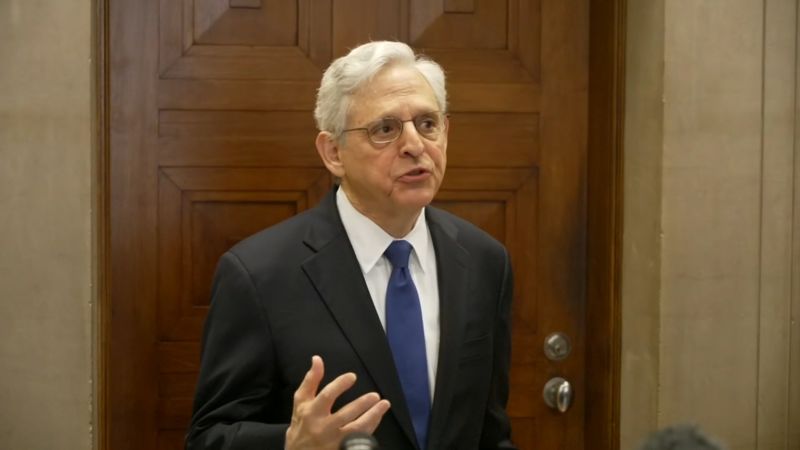The House Oversight and Judiciary committees are moving forward with holding Attorney General Merrick Garland in contempt of Congress for his refusal to comply with subpoenas related to audio recordings of President Biden’s interviews with Special Prosecutor Robert Hur. Republican lawmakers initiated the request for the recordings as part of an investigation into Biden’s handling of classified information. The White House and Justice Department both cited executive privilege in denying the release of the recordings, prompting the investigation into potential contempt charges.
The decision to assert executive privilege over the recordings has sparked a contentious battle between the Biden administration and Republican lawmakers. The move to hold Garland in contempt underscores the growing tension between the two parties over the handling of classified information and executive privilege. The outcome of this confrontation could have far-reaching implications for the balance of power between the executive and legislative branches of government.
The subpoenas issued to Garland are part of a larger effort by Republicans to scrutinize the Biden administration’s actions related to classified information. The requested audio recordings are seen as crucial evidence in the investigation into Biden’s handling of sensitive material. The refusal of the administration to release the recordings has raised concerns among lawmakers about potential abuses of executive privilege and the need for transparency in government.
The decision to hold Garland in contempt of Congress marks a significant escalation in the conflict between the administration and Republican lawmakers. The move is a rare and serious step that highlights the deepening divide between the two sides over issues of transparency and accountability. The outcome of this dispute could set a precedent for future interactions between the executive and legislative branches and may have lasting implications for the functioning of government.
The confrontation over the audio recordings represents a critical test of the limits of executive privilege and congressional oversight. The refusal of the administration to comply with subpoenas raises questions about the extent to which the executive branch can shield sensitive information from congressional scrutiny. The resolution of this conflict may have important implications for the balance of power between the branches of government and could shape the future of government transparency and accountability.
Overall, the decision to hold Attorney General Merrick Garland in contempt of Congress for failing to comply with subpoenas related to audio recordings of President Biden’s interviews with Special Prosecutor Robert Hur highlights the growing tensions between the executive and legislative branches over issues of transparency and accountability. The outcome of this conflict could have significant implications for the balance of power between the branches of government and may set a precedent for future interactions between the two sides. The resolution of this dispute will be closely watched as it has the potential to shape the future of government oversight and the handling of classified information.


